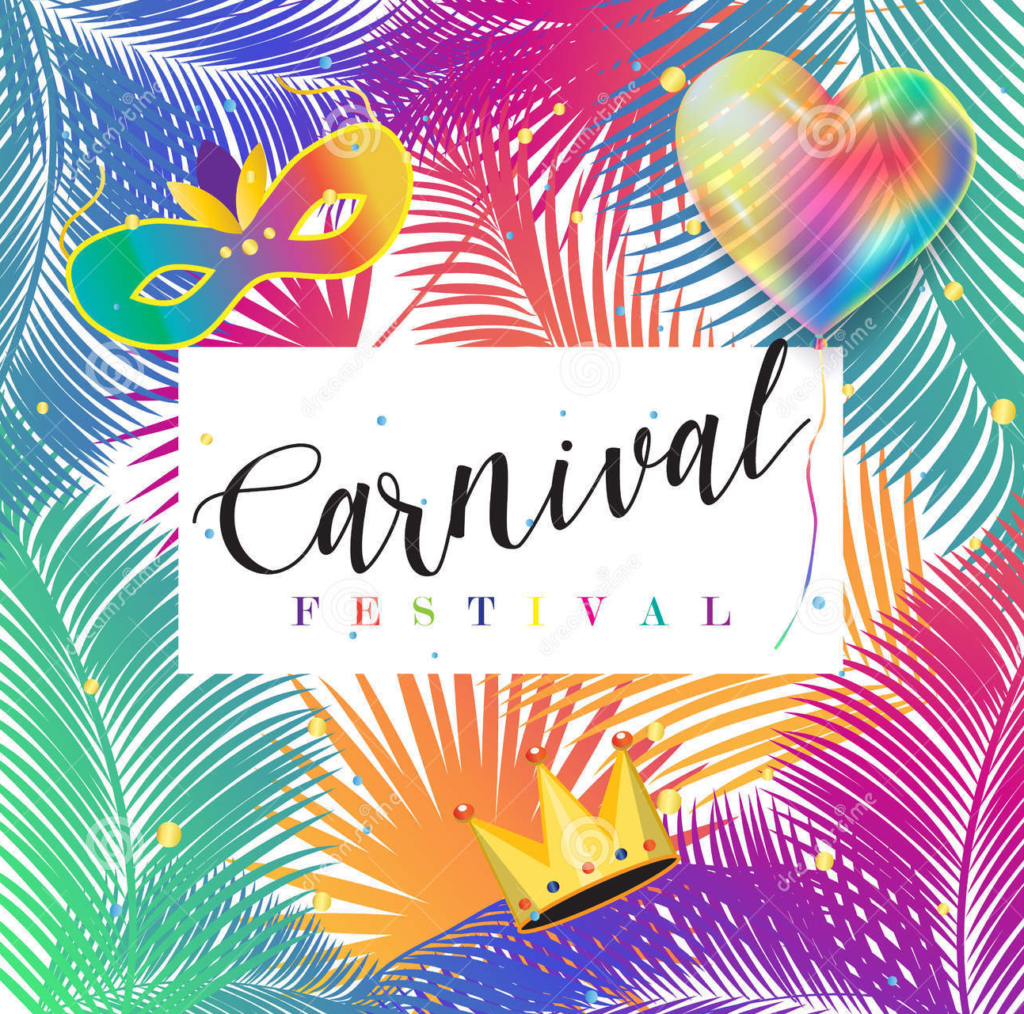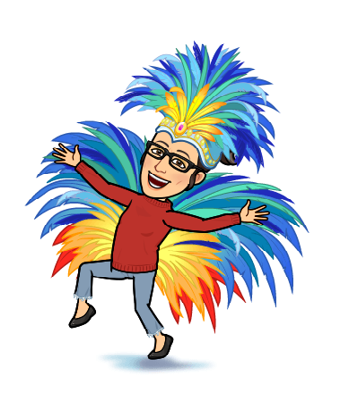
A student said: “I’ve just arrived at home.”
Home or at home?
His sentence isn’t fine. It should be:
“I’VE JUST ARRIVED HOME.”
Home in this example is behaving like an adverb expressing direction. We do not need a preposition with home when it is used with any verb referring to direction:
- I will ARRIVE / GO / COME / LEAVE home late this evening.
Note that most verbs expressing direction require the preposition to before the noun:
- I ran to the theatre so that I wouldn’t be late.
- I’m going to walk to work from now on. It’s healthier.
Now, once you arrive home, then you are at home, and no more direction is suggested, so at is then the appropriate preposition to use with home:
- Will you be at home tonight, or are you going out? ~ No, I’ll be at home.
However, even here, at is often omitted, especially in American English.

So AT HOME / FROM HOME / GO HOME / LEAVE HOME are common fixed expressions with prepositions where no article is required:
- Working from home continues to be a popular choice among employees, even after the pandemic.

PRACTICE 1 – LISTENING: Listen to vocabulary related to working from home, from announcements to buying and setting up computers to work from home.
PRACTICE 2 – SPEAKING: answer the questions
- Three years later, what’s the future of remote work?
- What kind of work environment do you think employees expect in 2023?
- Do you think remote workers are more productive than the ones working in an office?
Studies show promising results for hybrid work, especially for those who enjoy face-to-face interactions and the excitement of office environments.







